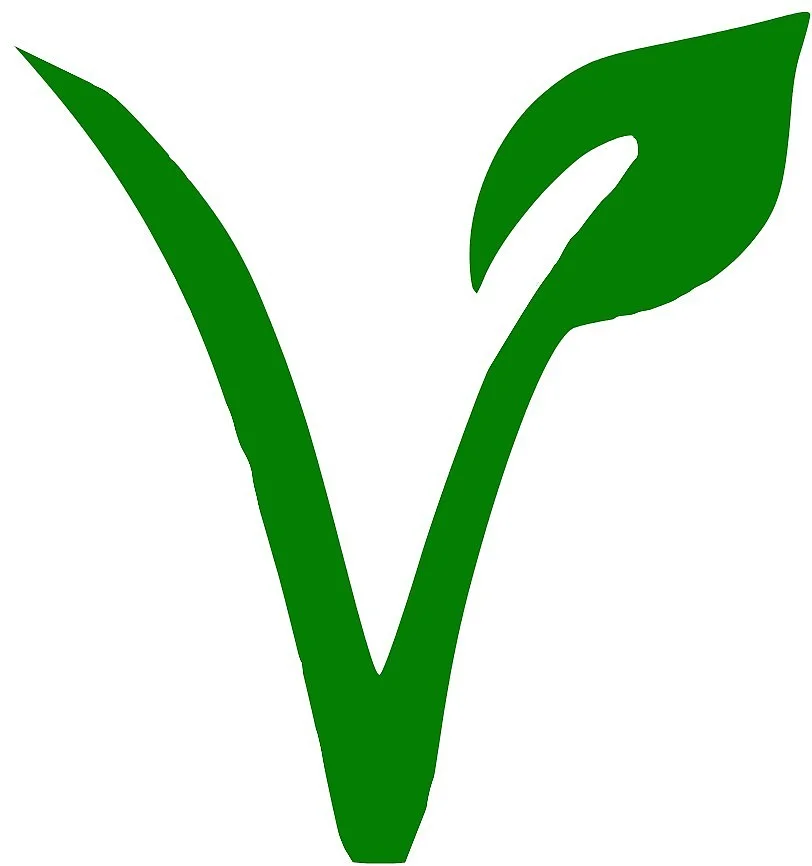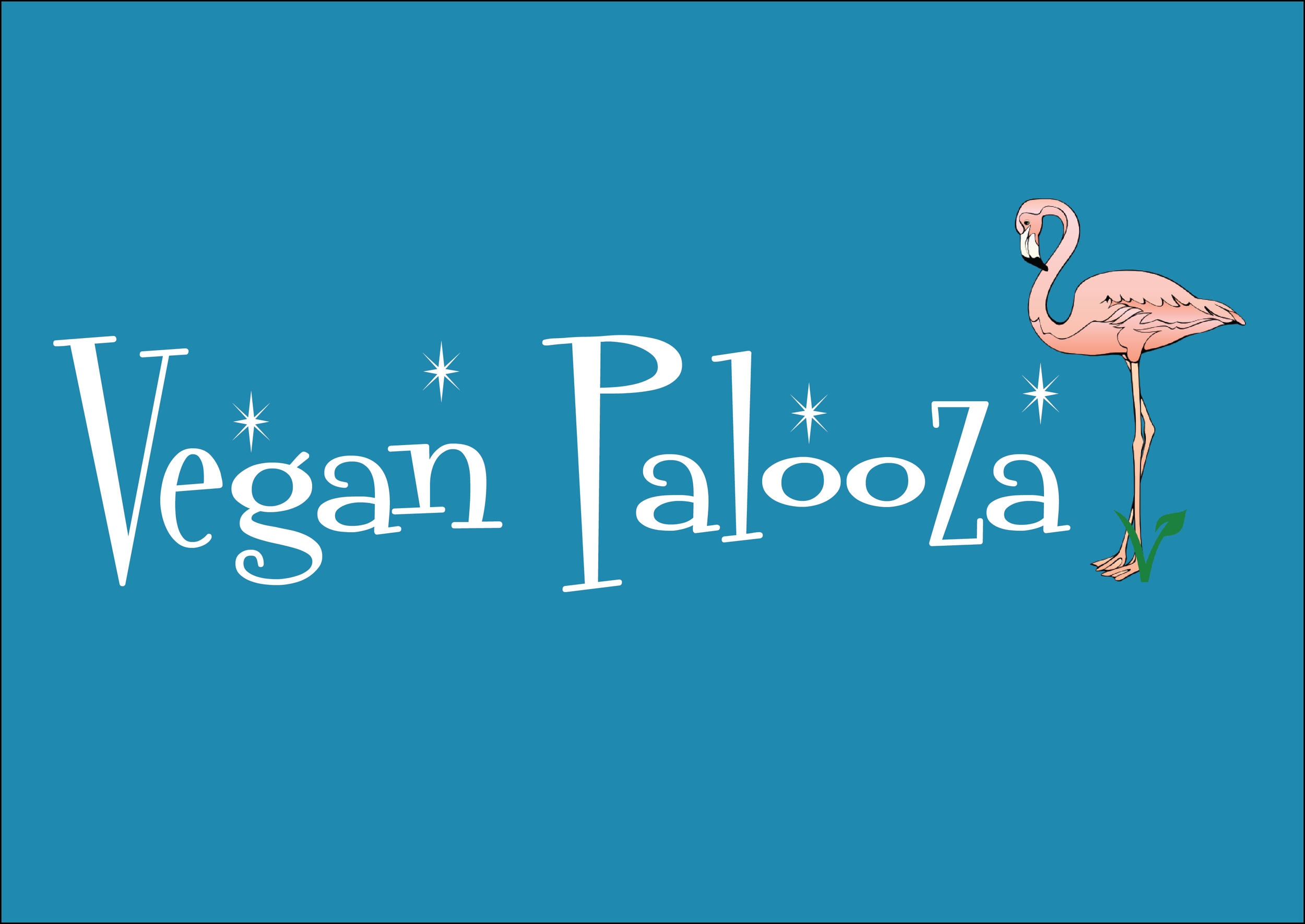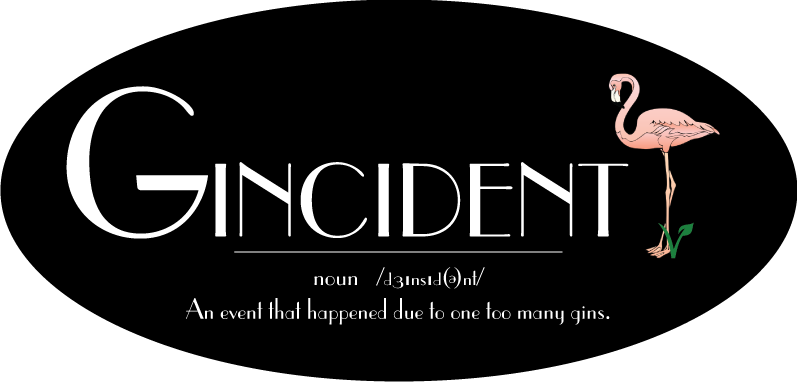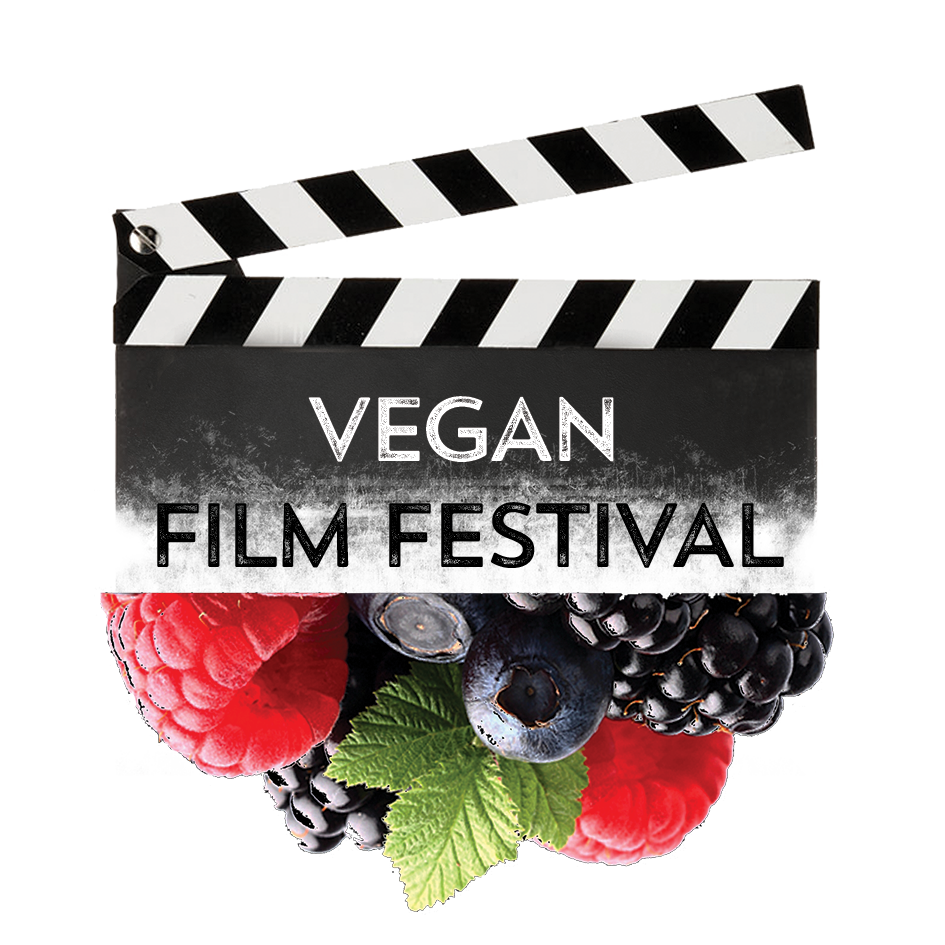Being Vegan
“[Veganism is] a philosophy and way of living that seeks to exclude - as far as possible and practical - all forms of exploitation of, and cruelty to, animals for food, clothing, or any other purpose; and, by extension, promote the development and use of animal-free alternatives for the benefit of humans, animals, and the environment.”
- The Vegan Society
Here, we present our collection of resources to provide information, recipes, and motivation for everyone thinking of becoming or who is already vegan.
Information
There is a wealth of information on being vegan available both online and via local communities and events. Here are a few online resources to start your research into the breadth and depth of vegan activities and thought.
Vegan Australia - Animals Australia - Vegan Easy
Lots of documentaries have been made focusing on veganism or topics where veganism has a positive impact. We provide a list here.
The Environmental Benefits Of Being Vegan
In 2018, the UN warned the world that we have 12 years to limit climate change or face catastrophe (1). And, in the same year, we were told how, as individuals, we can help: “Avoiding meat and dairy is ‘single biggest way’ to reduce your impact on Earth.” (2)
A plant based diet is better for our Air, Land, and Water. Here’s why:
A plant-based diet creates less greenhouse gas emissions than an animal-based diet.
Farmed animals contribute 14.5 % of human-generated greenhouse gas emissions (5). That is more than the emissions from all the transportation in the world combined. More than every car, every motorbike, every plane, every truck, and every train on the planet! The huge numbers of farmed animals also release methane, which is 86% more potent than carbon dioxide as a greenhouse gas (7). Farmed animals account for 65% of global nitrous oxide emissions (6). When waste from the billions of farmed animals is broken down by microbes, it releases nitrous oxide gas, which is 300x more potant as a greenhouse gas than carbon dioxide. (8)
Growing plants to feed humans requires less land than raising animals to feed humans.
“Since European settlement, the Australian continent has been extensively modified by animal agriculture, with livestock (mainly cattle, sheep and dairy) grazing native or modified pastures on 56% of the continent (17). About 3.5% of land is used to grow plant foods for humans.” - Vegan Australia (13).
“In the United States alone, 56 million acres of land are used to grow feed for animals, while only 4 million acres are producing plants for humans to eat.” - Peta (12).
These values demonstrate the vast amounts of land needed for farmed animals. Included in these numbers is the land required to grow food to feed the animals. This is hugely inefficient, especially as we get back far fewer calories than we feed to the animals.
Unsurprisingly, the demand for animal products has resulted in increased global deforestation. Deforestation releases more climate-changing gases, increasing the speed and severity of climate change, as well as reducing the number of trees we have to absorb carbon dioxide. So we are adding more harmful gases in to the atmosphere and reducing our ability to absorb and manage them. We loose 18.7 million acres of forests every year, the equivalent of 27 soccer fields every minute (10). After deforestation the damage continues, soil is left exposed and can quickly dry out drastically changing its ability to help grow future plant life.
Producing plant based food requires far less water than raising farmed animals to be fed to humans.
The meat and dairy industry use 1/3 of the Earth’s fresh water (6). That’s: 9,000 litres of water to produce just one pound of beef, 1,000 litres of water to produce 1 litre of milk. Put this in contrast to: 60 litres of water to produce one pound of potatoes and 229 litres to produce one pound of rice (14). Beyond the use of water, the billions of farmed animals around the world produce unimaginable amounts of excrement which continue to leak in to water ways. When in waterways it has devastating effects on aquatic wildlife, it can even lead to dead zones. The meat industry is to blame for the largest ever dead zone in the Gulf of Mexico. (15). Despite dead zones, overfishing has been identified as a primary cause of ecosystem collapse in many aquatic systems (16).
“Moving from current diets to a diet that excludes animal products has transformative potential, reducing food’s land use by 3.1 billion hectares (a 76% reduction), including a 19% reduction in arable land; food’s GHG emissions by 6.6 (5.5-7.4) billion metric tons of CO2eq (a 49% reduction); acidification by 50% (45-54%); eutrophication by 49% (37-56%); and scarcity-weighted freshwater withdrawals by 19% (−5 to 32%) for a 2010 reference year.” (3)
Percentages may vary between reports but what remains perfectly consistent is that that an animal based diet creates more greenhouse gases than a plant based diet. If you haven't already made the switch to a plant based diet, now is the best time, it's the "‘single biggest way’ to reduce your impact on Earth" (2).
References and Further Reading
1. We have 12 years to limit climate change catastrophe, warns UN:
“Although unexpectedly good progress has been made in the adoption of renewable energy, deforestation for agriculture was turning a natural carbon sink into a source of emissions.”
2. “Avoiding meat and dairy is ‘single biggest way’ to reduce your impact on Earth”
“Biggest analysis to date reveals huge footprint of livestock - it provides just 18% of calories but takes up 83% of farmland”
3. Reducing food’s environmental impacts through producers and consumers.
“Most strikingly, impacts of the lowest-impact animal products typically exceed those of vegetable substitutes, providing new evidence for the importance of dietary change.”
4. Livestock’s long shadow - environmental issues and options
5. Food and Agriculture Organization of the United Nations, ‘Tackling climate change through livestock: a global assessment of emissions and mitigation opportunities’, 2013
6. Cowspiracy
7. Gayathri Vaidyanathan, ‘How bad of a greenhouse gas is methane?’ Scientific American, 22 Dec 2015
8. ‘Oceans suffocating as huge dead zones quadruple since 1950, scientists warn’
9. The largest single cause of deforestation is agriculture. Forest conversion’, World Wildlife Fund
10. Deforestation: overview’, World Wildlife Fund
11. "Current global food production is sufficient to meet human nutritional needs in 2050 provided there is radical societal adaptation"
12. "Raising animals for food requires massive amounts of land, food, energy, and water and causes immense animal suffering."
13. Impact of a Vegan agricultural system on land use.
14. 10 ways vegetarianism can help save the planet.
15. ‘Meat industry blamed for largest-ever “dead zone” in the Gulf of Mexico’
16. Environmental Consequences of Fishing Practices
17. Land Use in Australia - At a Glance
Motivation
Seeing what others are doing can remind us why we have made the decision to be vegan on the days the world seems against us.
Accidentally Vegan - Clare Mann - Earthling Ed - James Aspey - Joey Carbstrong - Katrina Fox - Lyn White - Lynda Stoner - Melanie Joy - Nourish by Nicole - Philip Wollen
Activism
A united voice is stronger. Help spread the vegan philosophy and stop animal cruelty by joining in with an activism event - from the front line to back stage.
Anonymous for the Voiceless - Vegan.com - Vegan Australia Events - Vegan Society (activism for shy people)
We would love to see all of our Vegan Festival Adelaide supporters standing up with others who are trying to make a difference at events in SA.
Adelaide Animal Save - Animal Rights South Australia - Adelaide Against Live Export - Adelaide Vegan Outreach - Sea Shepherd South Australia -
Animal Activists South Australia - Animals Australia: Contact mlamming@bigpond.com - Aussie Farms Volunteers - Bear Witness Australia
Thanks to Adelaide Animal Save for the list! #bethechange
Shopping
Your food is the obvious change when turning vegan but what about everything else in life we need and want?
Vegan Kit - Cruelty Free Shop - Vegan Style - Flora and Fauna - Pure Plant Protein
Movies
Everyone loves a good movie. But, what’s out there that aligns with your vegan sensibilities?
Go Vegan Challenges
Thinking of going vegan but need a bit of structure to help guide you through the first steps? Check out these vegan challenges and get guidance and recipes to help you hit the ground running.
Vegan Festival Adelaide eCookbooks
The 2021 eCookBook
2021: We’re back! - and the food tastes as good as ever.
The 2020 eCookBook
2020: An unprecedented year - but there are still some delicious tastes to savour.
The 2019 eCookBook
Recipes from the Festival's Cooking Demonstrations to celebrate 2019: The Year of the Vegan.
The 2018 eCookBook
Amazing recipes from the Festival's Cooking Demonstrations plus a bonus section with details from two special cooking demonstrations hosted at Adelaide Central Market.
The 2017 eCookBook
All the great recipes from the Festival's Cooking Demonstrations plus a bonus section from the September Vegan Cooking for Kids Demonstration
The 2016 eCookbook
Try these fantastic vegan recipes from the 2016 cooking demonstrations.
Films
If you're interested in finding out more about the use of animals, try one or more of the films below.
Before the Flood - Blackfish - Carnage - Chow Down - Cowspiracy - Crazy Sexy Cancer - Death on a Factory Farm - Dominion - Earthlings - Eating Animals - Eating our way to extinction - Eating you Alive - Empathy - Farm to Fridge - Fast Food Nation - Fat Sick and Nearly Dead (1&2) - Fed Up - Food Choices - Food Inc. - Food Matters - Forks Over Knives - From the Ground Up - H.O.P.E - What you eat matters - Home - Hungry for Change - In Defence of Food - Ingredients - Invisible Vegan - Land of Hope and Glory - Live and let live - Lucent - Meat the truth - Milk? - More than honey - Oblivion - Peacable Kingdom - Planeat - Plant Pure Nation - Racing Extinction - Seaspiracy - Simply Raw - Speciesism - Sustainable - Swine - Taking Note - The C Word - The Cove - The Game Changers - The Ghosts in our Machine - The Kids Menu - Unity - Vegan 2017 - Vegan: Everyday Stories - Vegucated - Virunga - What the Health
Vegan Festivals
Want more vegan festival goodness?
Bali Vegan Festival
Vegan Events Across Australia
Vegan Festival Adelaide
Vegan Palooza
Vegan Picnic
Plant Based @ Plant4
Lator Gator - Vegan Markets
Planted Pop Up Thrift Market
World Vegan Day Perth
Big Vegan Market
Vegan Camp Out
World Vegan Day Sydney
Alive Fest
Newcastle Vegan Market
Vegan Events Australia
Vegan Artisan Market
Plant Based Paradise
Find out more: Click here.








